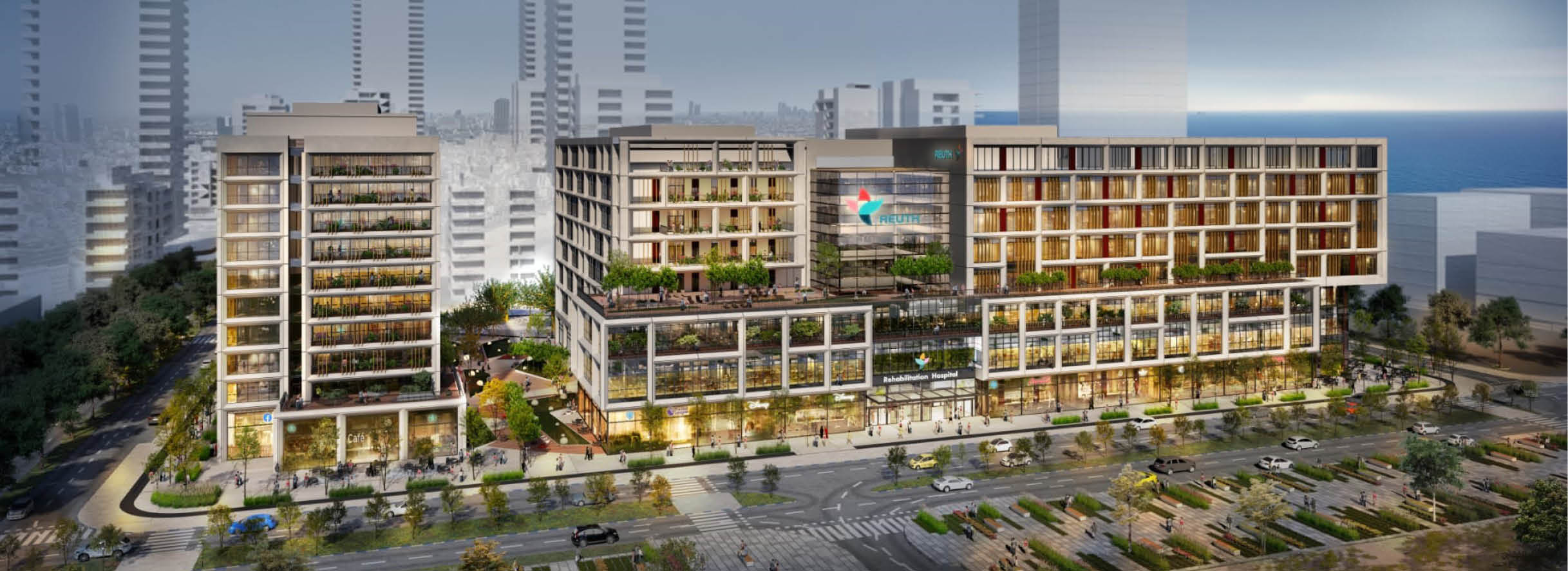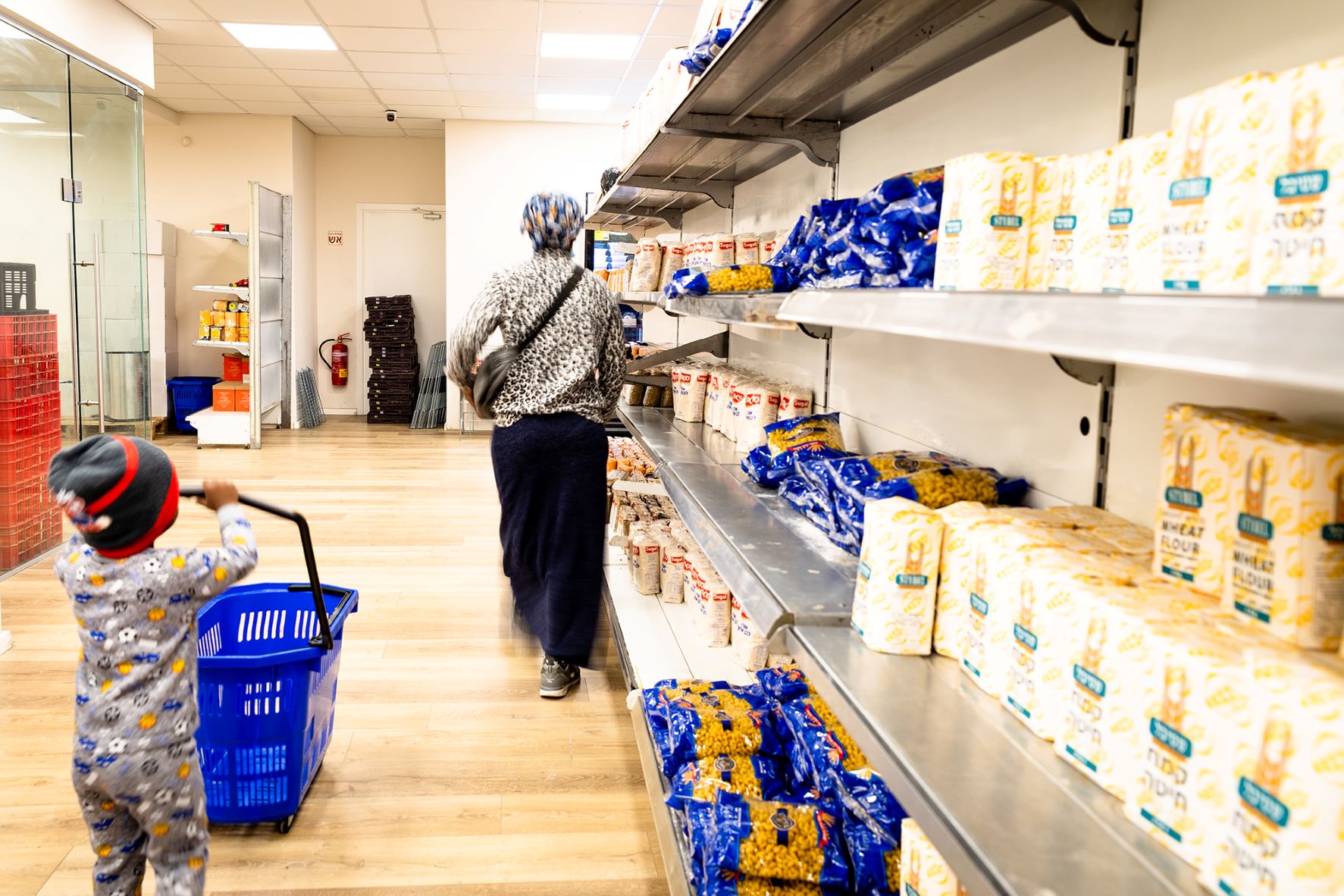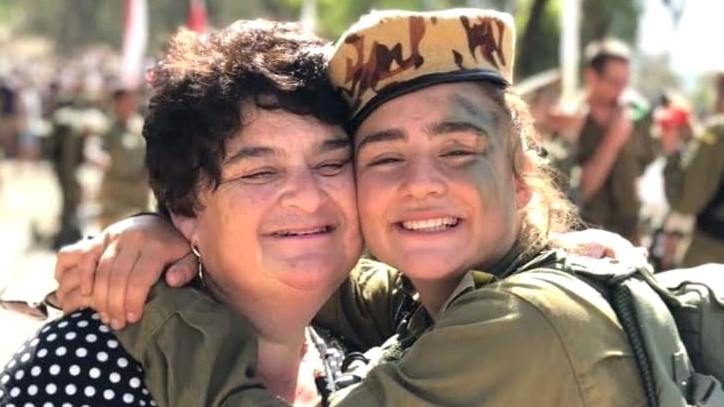£35,000
FOR DONATION
HEALTH & WELFARE / WELFARE
“All a child needs is one adult to believe in him.” – Rabbi Shlomo Carlebach
BACKGROUND
New immigrant families from Ethiopia began moving into the Yafo Gimmel and Yafo Daled neighborhoods in 2005. The first families belonging to this group (the Falash Mura) came to Israel in 2003-2004, and since then others have continued to follow, but at a declining pace.
There are currently about 500 Ethiopian households in Yafo, totaling around 2,500 people. The distribution between the two neighborhoods is nearly equal. Most of the adult new immigrants, including mothers of children, have found jobs, typically as janitors and cleaning personnel, child caregivers, truck drivers, forklift operators, and so on. Many of the parents hold more than one job or work two shifts a day. Over 700 children from the local Ethiopian community, of all ages, attend the municipal school system. About 60 have been placed in residential facilities.
The breakdown in the school system is as follows:
Kindergartens & preschools: 100 children.
Elementary schools: 350 children.
Secondary schools: 250 children
Apart from the kindergartens and preschools, which are located in the neighborhoods the families live in, around 85% of the Ethiopian new immigrant children attend schools outside their neighborhoods. For the most part, the families want their children to receive religious education, and there are not enough state-run religious schools in Yafo to meet the demand. The Municipality buses the children to the schools if needed. Most of the children who attend elementary school are in extended day frameworks where they also benefit from school nutrition programs. The children go home at about 4 pm.
THE NEED
Sadly, the community in question faces an array of challenges. Among these, the major problem which repeatedly arises is that the elementary-aged children have been found loitering in the streets in the late afternoon and early evening hours. Unfortunately, the existing after-school clubs in the neighborhoods can only provide a solution to a small percentage of the children. The community centers offer social and learning activities, but the children do not go there. As a result of this, the children’s sense of protection is compromised, and they are exposed to dangerous behaviors when wandering around.
THE PROGRAM
Given that parents work late and are rarely around during the afternoon/evening hours, it appears that what these children are missing most is a ‘significant adult’ – a mentor who will listen, guide, and support them. The ‘Significant Adult’ program will include two adults – a man and a woman – who will meet with the children on their turf – namely, in the neighborhood, on the street, at home, or wherever necessary. Through these informal encounters, the mentors will be able to gain the children’s trust and later involve them in various activities offered in their neighborhoods, in places such as community centers, youth clubs, and so on.
THE INVESTMENT
THE DONATION REQUESTED: £35,000 annually for a period of two years will make this program possible and significantly improve the lives of the Ethiopian community of Yafo.
-
The Reuth Tel Aviv Rehabilitation Campus – Establishing the Future of Healthcare
Background More than 60,000 soldiers and civilians have been wounded since October 7 and in the subsequent Swords of Iron War, creating an enormous and unprecedented challenge for Israel’s healthcare system. Thousands of patients are receiving inpatient and outpatient rehabilitation treatment so that they can regain functional independence and return to their lives and […]
-
Providing food security to asylum seekers and undocumented individuals
The Social Grocery StoreBackround: There are approximately 30,000 asylum seekers and people without status living in Israel, most residing in the impoverished neighborhoods of South Tel-Aviv. Asylum seekers and people without status living in Israel experience ongoing financial instability, often resulting in increased vulnerabilities and exposure to many risks, such as homelessness, health and safety, food insecurity, and […]
-
Uplifting and empowering south Tel Aviv teens
The Lin FoundationLin Yavgenia Levkov – A Promising life cut short: Lin Yavgenia Levkov and her mother Irina immigrated to Israel in the height of the 1990s post-Soviet Aliyah wave. Lin’s childhood was difficult; she struggled at school and barely continued her education into high school. But this is where her story took a turn; Lin studied […]




